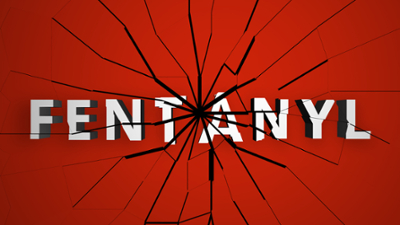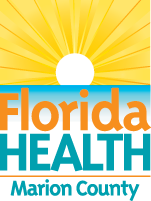DOH-Marion recognizes National Opioid and Substance Use Awareness Day, provides resources for help
September 12, 2022

Ocala, Fla. — The opioid epidemic has impacted communities across our country. It has been felt through individuals experiencing new or worsening addiction, families, friends, and workplaces being affected by substance use and deaths, and community first-responders, hospitals and treatment facilities seeing increased overdoses and need for addiction treatment.
Tuesday, September 13, is National Opioid and Substance Awareness Day, and a moment for residents to learn more about opioids’ continued impact on our community and one of the newest concerns — widespread fentanyl in the illicit drug supply.
Increases in overdoses and deaths
The number of opioid overdose deaths increased by more than 350% from 2015 to 2020 in Marion County, according to statistics from the Florida Department of Law Enforcement. The overall number of drug overdose deaths increased by more than 570%. Opioids were involved with 83% of all drug overdose deaths in Marion County in 2020.
Overdoses began to jump to high levels locally in 2016; synthetic opioids (primarily fentanyl) are considered the primary cause. Fentanyl is up to 50 times stronger than heroin and 100 times stronger than morphine, according to the U.S. Centers for Disease Control and Prevention (CDC).
Fentanyl concerns with fake prescription pills and other drugs
Counterfeit pills that look just like legitimate prescriptions are a high risk for possible overdose; about 40% of fake pills contain potentially fatal amounts of fentanyl in them, according to the Drug Enforcement Administration. Illegally manufactured fentanyl has also been found mixed in many other drugs, such as cocaine, ecstasy, and marijuana. You can’t see, smell or taste if fentanyl is in a drug, and the equivalent of just three grains of salt is enough to cause a fatal overdose, according to the CDC.
“It’s very important that people understand the drug landscape has changed,” said Florida Department of Health in Marion County Community Health Director Christy Jergens. “Any use of illicit drugs puts you at risk of exposure to fentanyl.”
Opioid and substance use help is available
Call 352-266-4769 to talk with someone today and get connected to help if you or a loved one suffers from opioid or substance use. If you are expecting a child but struggling with addiction, call 352-364-2666.
To learn more about treatment options that may be available near you, visit findtreatment.gov. For additional information, including resources for families and medical/care providers, visit marion.floridahealth.gov/programs-and-services/wellness-programs/overdose-data-to-action.
About the Overdose Data to Action grant
The Florida Department of Health in Marion County leads Marion County’s Overdose Data to Action (OD2A) program. The grant-funded program operates in partnership with Ocala Fire Rescue and the Marion County Children’s Alliance. Through the grant, staff use data from overdoses to target interventions, with the goal of reducing overdoses, connecting individuals who misuse substances to treatment, starting individuals on the path to recovery, and saving lives.
This program is supported by the Centers for Disease Control and Prevention (CDC) of the U.S. Department of Health and Human Services (HSS) as part of a financial assistance award with 100 percent funded by CDC/HHS. The contents of this press release are of the author(s) and do not necessarily represent the official views of, nor an endorsement, by CDC/HHS, or the U.S. government.
About the Florida Department of Health
The Department, nationally accredited by the Public Health Accreditation Board, works to protect, promote and improve the health of all people in Florida through integrated state, county and community efforts. Follow us on Facebook, Instagram and Twitter at @HealthyFla. For more information about the Florida Department of Health please visit www.FloridaHealth.gov.




Connect with DOH